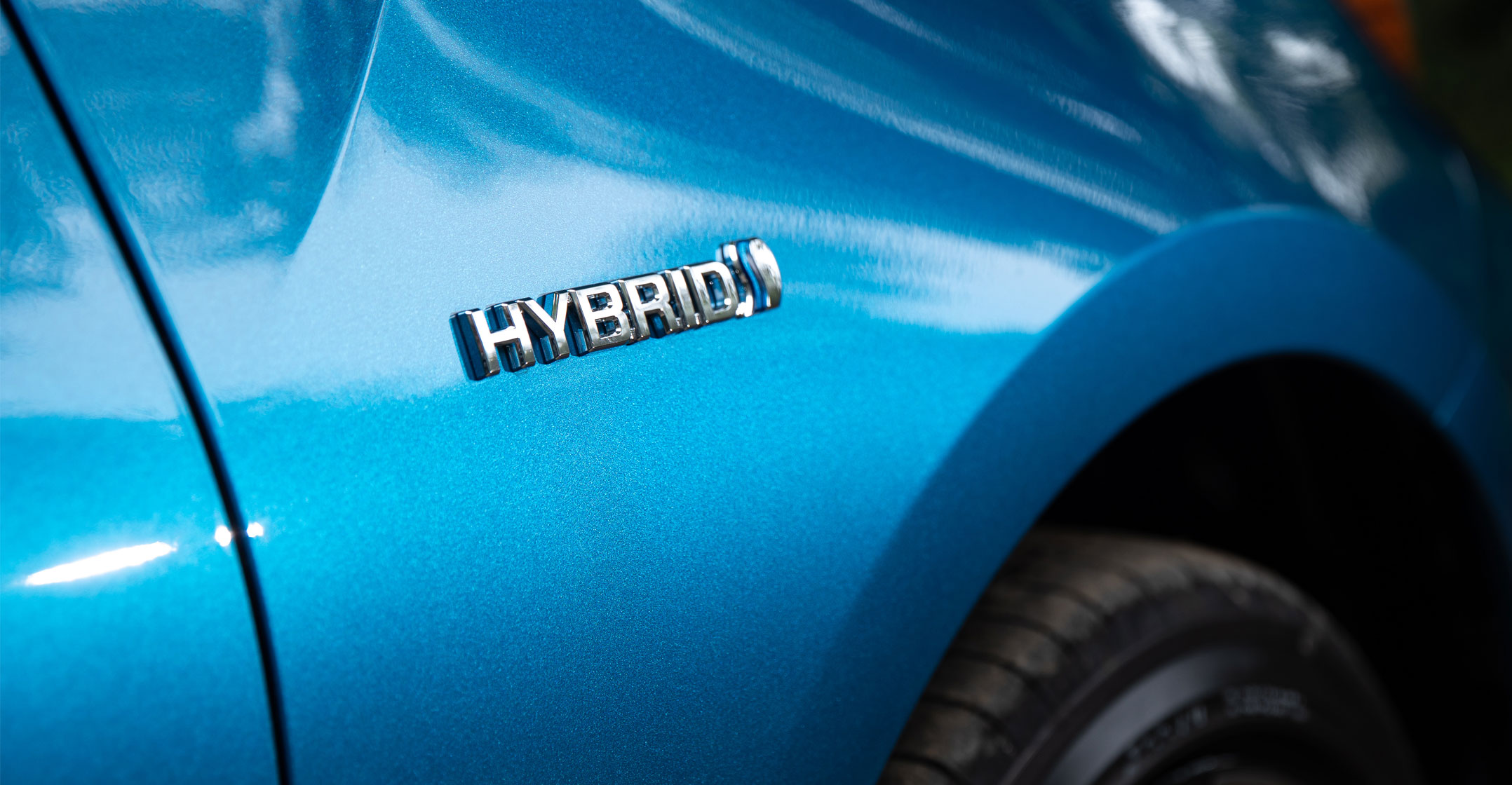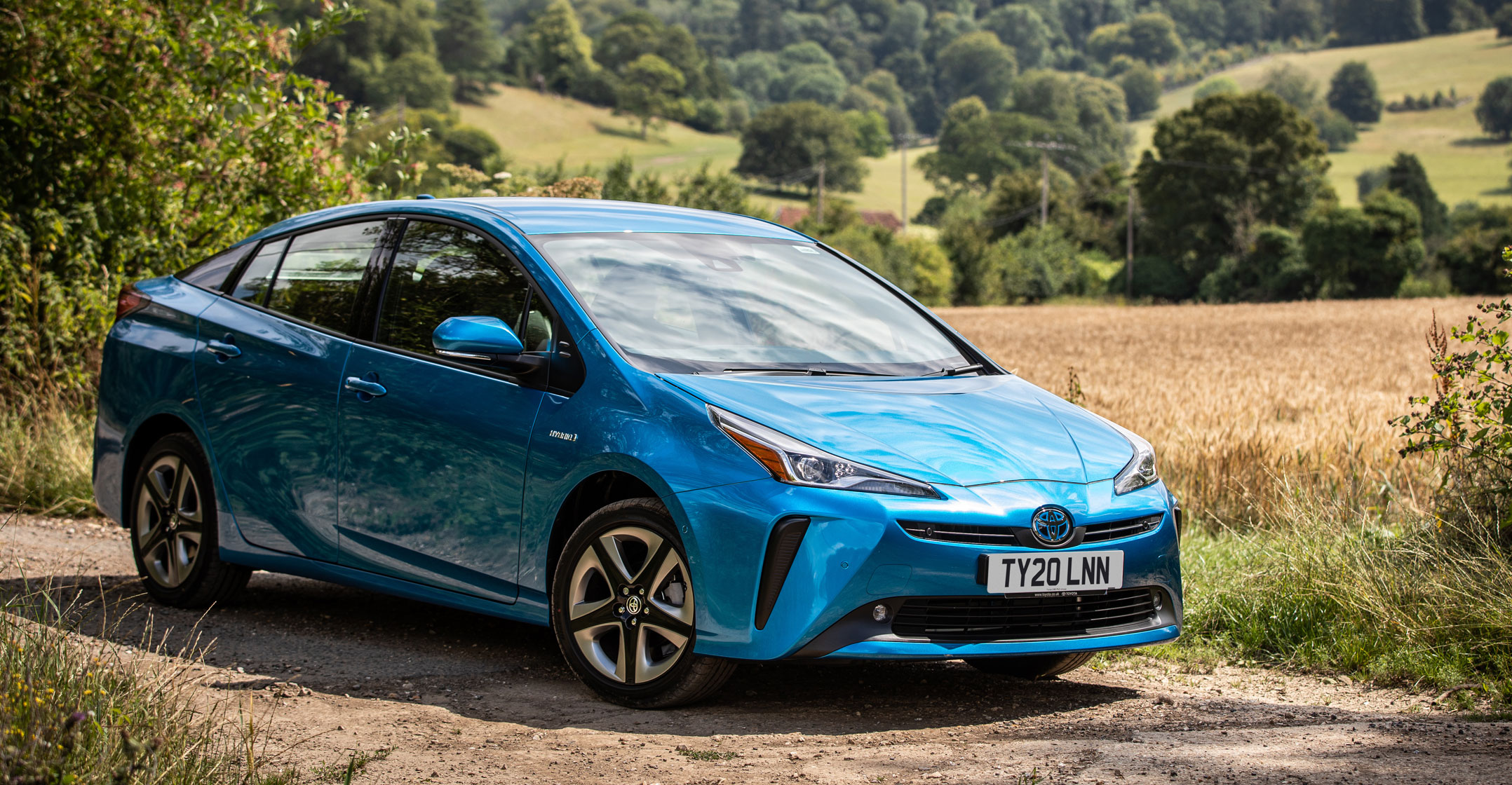 Japanese automobile giant Toyota is set to produce its first “hybrid synergy drive” (petrol-electric) car on the African continent at its Prospecton plant in Durban, as part of a R2.5-billion investment in a new production line.
Japanese automobile giant Toyota is set to produce its first “hybrid synergy drive” (petrol-electric) car on the African continent at its Prospecton plant in Durban, as part of a R2.5-billion investment in a new production line.
Andrew Kirby, CEO of Toyota South Africa Motors (TSAM), confirmed this on Tuesday, saying that the investment is “still on track” despite the economic impact of Covid-19 on the local and international markets.
His comments follow Ebrahim Patel, minister of trade, industry & competition, revealing during the department’s budget vote on Friday that Toyota “will build Africa’s first hybrid vehicle in South Africa within 18 months”.
Patel noted that Toyota’s plan is in line with “tectonic shifts in economies towards greener industries”.
Kirby said a hybrid version is included in Toyota’s plans for “the yet-to-be revealed model” that will go into production in late 2021 at its expansive Durban plant. He pointed out that while it will be Toyota’s first hybrid car to be produced on the continent, Mercedes-Benz South Africa has produced the hybrid C-Class model at its East London plant.
“Our new Toyota model, including a hybrid version, will replace the Corolla sedan production line at our Durban factory, which came to an end earlier this year. We are still producing the Corolla Quest locally,” said Kirby.
“I cannot mention the name of the new Toyota model that will go into production in South Africa next year, but what I can tell you is that it is not going to be a sedan,” he added.
R2.5-billion
“This represents an investment of around R2.5-billion and is part of Toyota’s broader more than R4-billion investment into the local auto industry over the past few years.”
Toyota’s first and most high-profile hybrid car brand is the Prius, which has been in production globally for over two decades and as of recent years, comes in a hatch or ‘”liftback” model too. The automaker now also produces various hybrid models under its Corolla, Auris and premium-end Lexus brands.
According to Kirby, 36% of Lexus vehicles sold in South Africa are hybrids. He said a small portion of the new locally produced Toyota model will be the hybrid version. Considering the growth of Lexus hybrid vehicles, the Toyota hybrid model is expected to grow sales volumes over time.

Kirby said the new model represents an important investment for Toyota and is a key part of Toyota’s long-term growth plans. He added that Covid-19 is having some impact “but this is an issue we have to manage globally”.
“In terms of commissioning the new production line, we need overseas specialists from Toyota. There is the international travel ban currently, but we hope that we can get specialists in before the end of the year. So far, it looks possible. However, if there are any delays, it will delay the launch of production,” he noted.
Russell Curtis, head of Invest Durban and a member of the Durban Automotive Cluster (DAC) board, praised Toyota’s continued investment into the city and SA’s automotive sector.
“This latest demonstration of their commitment to our region should further pave the way for additional local content and service providers, most especially in cleaner and more advanced technologies,” he said. “Having a globe-leading OEM (original equipment manufacturer) in our city and as a partner in the DAC continues to drive new investment and job creation in this valuable sector.”
The extent of Toyota’s current investments in the country were first revealed at its State of the Motor Industry event at Kyalami in January. At the time, Kirby said the new passenger car production line will create 1 500 new jobs – 500 of which would be at Toyota’s Durban plant, while the rest would be within the automaker’s component supplier network.
Other key elements of Toyota’s total R4.28 billion investment programme include:
- More than R540-million on its HiAce Ses’fikile mini-bus taxi production, to boost local content and volumes from 14 000 to 18 000 units a year;
- R365-million to double the size of its parts warehouse in Atlas in Kempton Park; and
- R928-million in facility upgrades for new models and environmental investments.
Kirby noted that the investments are being made following “policy certainty” for the auto industry created through the government’s finalisation of the next phase of the Automotive Production and Development Programme (APDP). Phase two of the APDP comes into effect in January 2021 and will last until 2035.
- This article was originally published on Moneyweb and is used here with permission



